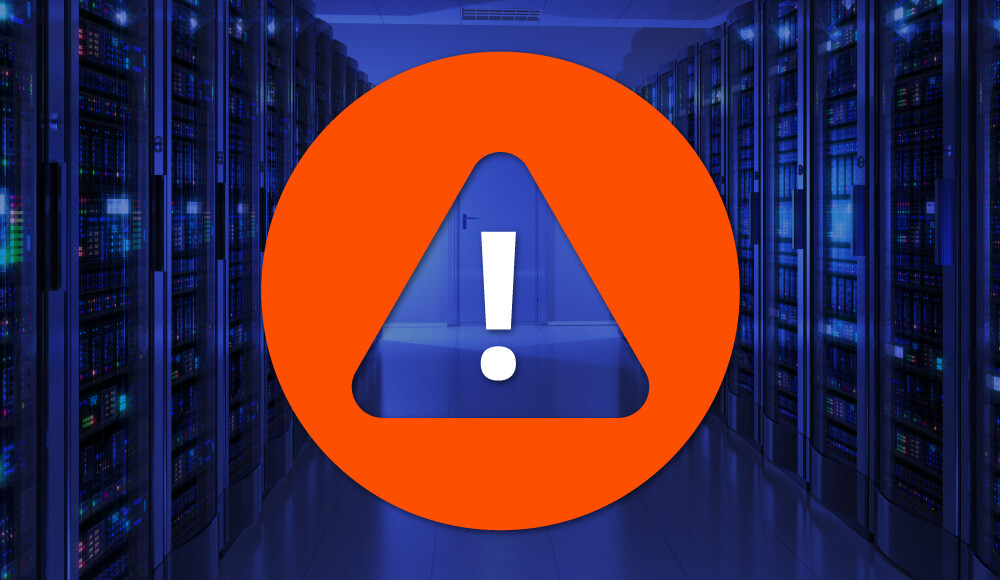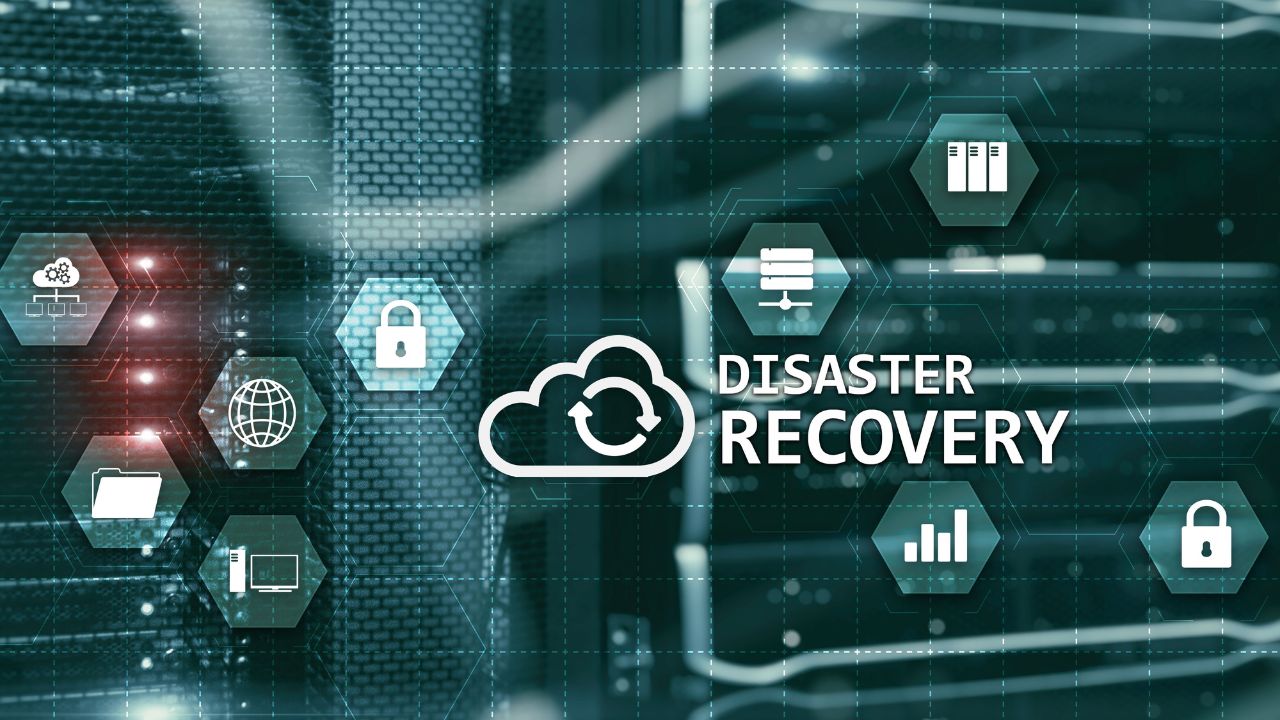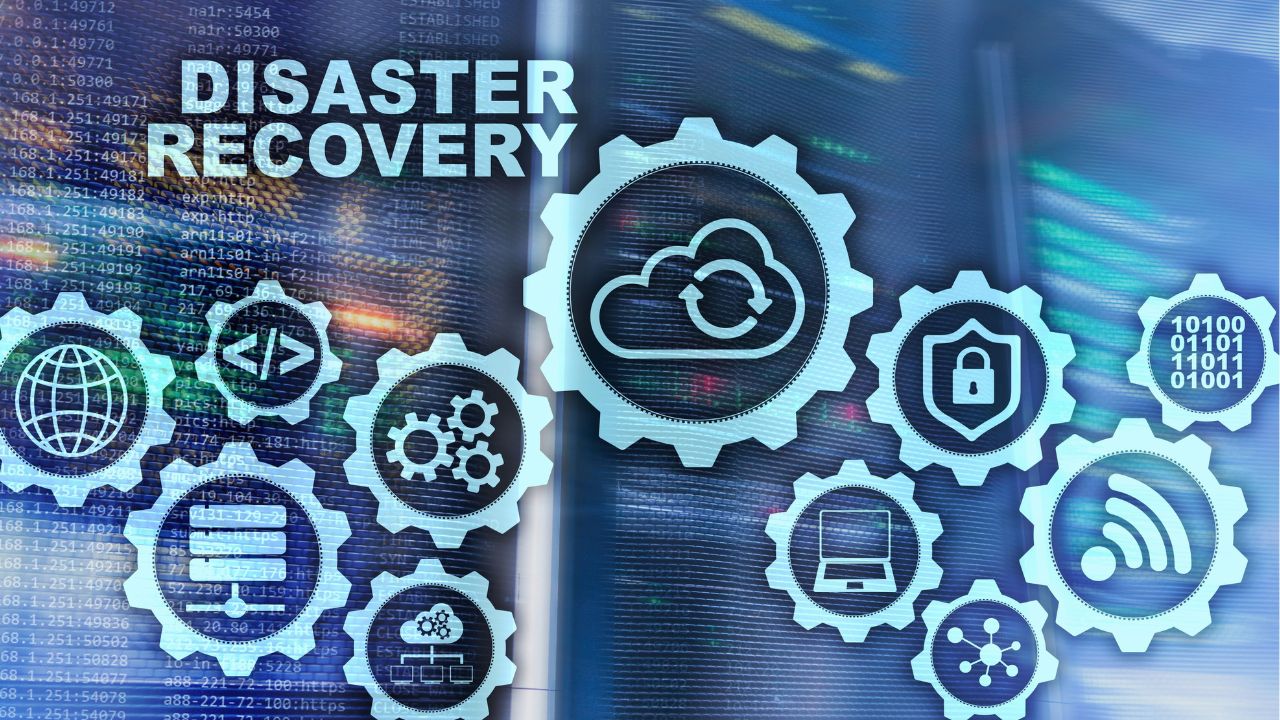The words business continuity and disaster recovery are often used interchangeably. The truth is, they are two different things and they protect your data in different ways. In regards to data protection, it’s important to understand the difference between all the options available in order to choose the best plans for your business. Using these plans interchangeably, can leave your company at significant risk. Losing data can create chaos in any situation, planning ahead by having a strong plan in place will ensure that your business continues strong and without many bumps.
Disasters range in severity, you may have a minor disaster where you lose only a small amount of data or you could have a huge data loss resulting in business shut down. In order for your business to succeed, you need to be prepared for either situation at all times. Comparing and contrasting your options and understanding how they work, will allow you to make an informed decision in your business disaster plan.
Business Continuity Plan (BCP)
Business continuity can be described, in simple terms, as the processes and procedures an organization has in place to ensure that essential business functions continue to operate during and after a disaster. A BCP allows organizations to protect their most critical services for the best chance of survival after a disaster. This type of plan will allow business to become functional smoothly and quickly after a disaster. BCP identifies which functions and operations are vital to your business and protects them during any interruptions that may occur. This will provide your business with stability and security to function at all times.
Disaster Recovery Plan (DRP)
A disaster recovery plan is less broad than a BCP. A DRP more focused on smaller aspects of the company and how to best protect these parts during a disaster. A DRP focuses on the IT or technological systems supporting the business. Because of this, disaster recovery can be seen as a subset of a business continuity plan. It’s a small part of the overall BCP. A disaster recovery can cover areas such as:
- Backup Services
- Cloud-based Services
- Virtualization Services
- Server Management
Both disaster recovery and business continuity plans play a large role in the success of your business. In order to be prepared for any disaster that may happen, you need to identify which plan, or plans, are best for your business and how you’re going to implement them. This will protect your business during and after a disaster and allow it to continue being successful.
IT Practice, a HIPAA Certified Company based in Raleigh, NC , provides a wide range of IT solutions for Dental, Medical and Small Business Professionals across North Carolina and Virginia. IT Practice today for a free consultation to determine your exact IT needs.












